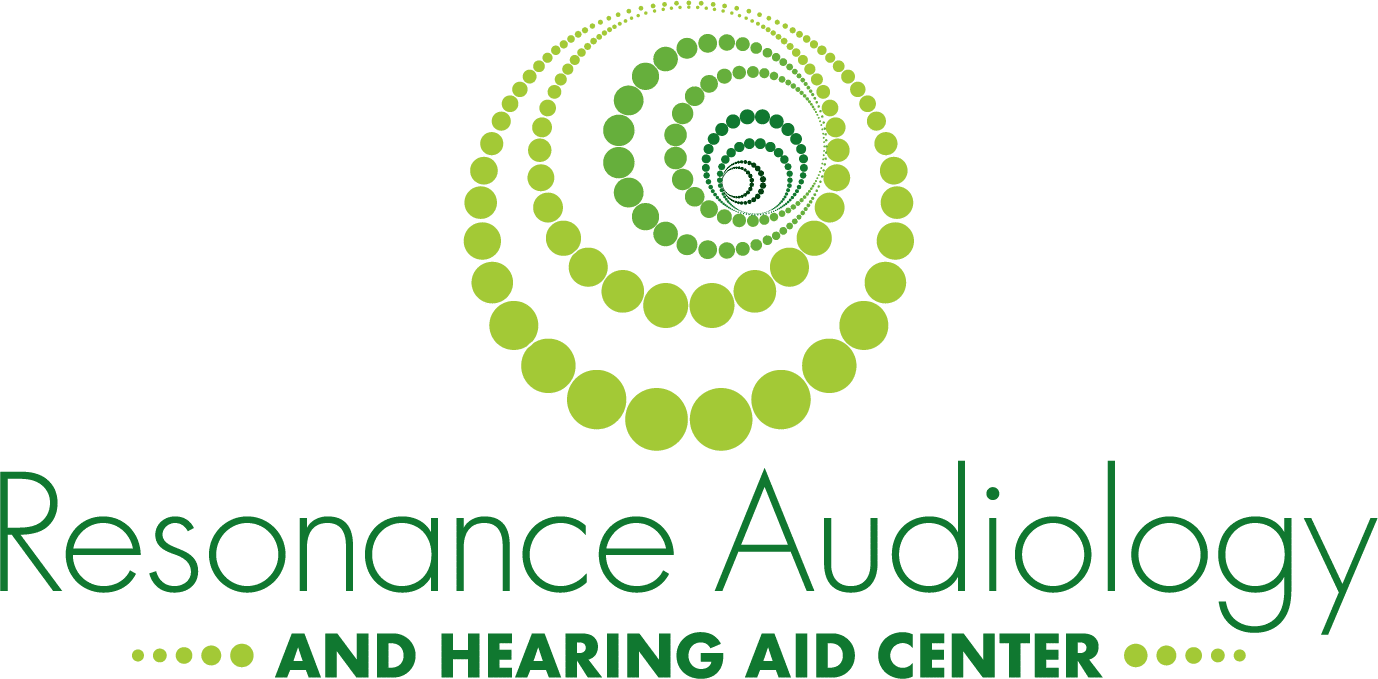Teens and Hearing Loss – What You Need To Know
More than 360 million people around the world have moderate to profound hearing loss, and more than half are actually people under the age of 65. What’s even more disturbing is that more young people than ever show evidence of early hearing damage.
Seeing teens with their ear buds jammed deeply into their ears has become a norm. But, are they doing themselves a disservice by listening to the loud music?
Unfortunately, the answer is yes. The latest research points to an alarming level of early hearing damage in young people who are exposed to loud music.
Tests by a leading Canadian researcher in the field have shown that kids experiencing a condition known as tinnitus (ringing or buzzing in the ears) were more likely to have a significantly reduced tolerance for loud noise, which is considered a sign of hidden damage to the nerves that are used in processing sound.
Even when the teens can still hear as well as others, those with tinnitus damage often face serious hearing impairment later in life.
A new study revealed that nearly 30 percent of teenagers had tinnitus.
“It’s a growing problem and I think it’s going to get worse,” shared Larry Roberts, a senior researcher in the department of psychology, neuroscience and behavior at McMaster University.
Hearing specialists seem to think that it’s smartphones and today’s lifestyle that are mainly to blame for the looming hearing crisis.
As a matter of fact, The World Health Organization (WHO) has warned that 1.1 billion young people around the world today are at risk of hearing loss – due to portable digital music players and damaging levels of sound at entertainment venues, including music festivals, where teens are for hours exposed to sound levels reaching 120 decibels.
According to the National Institutes of Health recurrent exposure to sound levels over 85 decibels can cause hearing loss, and permanent damage can happen within minutes.
When detailed hearing tests were performed on 170 students between the age of 11 and 17, most of the students stated they were engaging in “risky listening habits,” on personal music playing devices, at parties, festivals, and clubs. Also, more than half said they had previously experienced tinnitus.
This study, published in Scientific Reports, showed that the teens with tinnitus were more sensitive to loud noises than others, which is a sign that the auditory nerves had been damaged.
While a broad range of factors can lead to hearing loss, such as genetic conditions, specific infectious diseases, use of certain drugs, aging and environmental noise, WHO estimates that around half of all instances of hearing loss are avoidable.
We want our kids to enjoy the sounds of life, so it’s time to be proactive and teach how they can protect their ears.

So, what’s the message we can give to adolescents?
- Hearing or experiencing rushing or whistling sounds is a sign that you should give your ears a rest. Choose to have a day of peace and quiet whenever possible.
- Turn the volume down.
Streaming music directly into your ears via ear buds can be damaging. Did you know that the iPod could produce up to 100-115 decibels, equivalent to using a chainsaw or attending a rock concert?
Apply the 60:60 rule: enjoy music from your MP3 player or smartphone safely by listening to your music at 60% of the maximum volume for no more than 60 minutes a day.
- Opt for noise-cancelling or muff-type headphones instead of ear buds. They will help block out background noise and allow lower volume levels.
- Wear proper headgear when and as needed. Skull fractures and head injuries are common causes for inner ear hearing loss.
- Start young with healthy lifestyle choices for healthy ears – anxiety, fast pace of living, stress, and smoking can cause tinnitus and hearing problems. Also, beware of certain drugs that can wreak havoc on hearing.
Yes, hearing loss can happen at any age, and even though the signs may be subtle in the beginning, it can gradually and often over many years develop into a serious condition. A hearing test and professional screening will offer answers and help with awareness about the hearing risks and challenges.
If a hearing aid is needed, consider it an investment into your teenager’s well-being and enhanced lifestyle. Good news is – modern hearing aids are not just effective, they are also designed to be much more discreet – from receiver-in-the-canal to those that are virtually invisible.
Expert hearing doctors at Resonance Audiology & Hearing Aid Center, LLC are here to help your teen with hearing test and chose from different hearing aids Lancaster, PA, to best fit their needs.
Contact us at one of our two offices in Lancaster and New Holland and let us assist you with selecting the best among various types of assistive listening devices and treatment solutions for you or your loved one.
